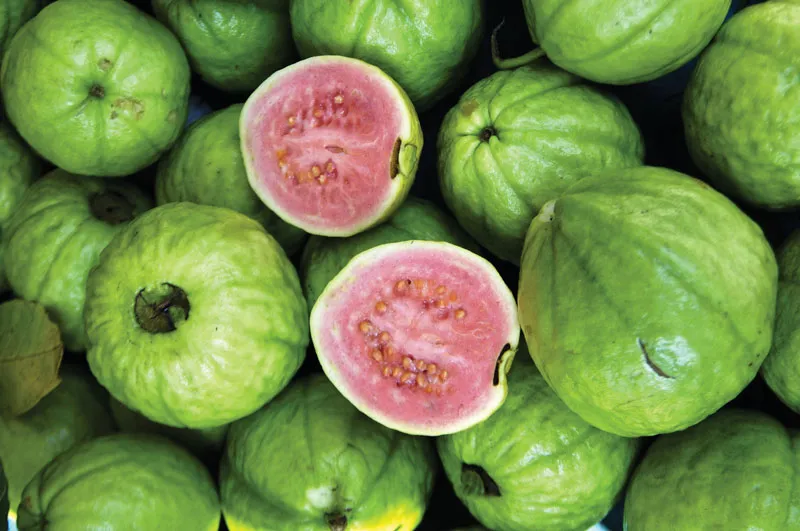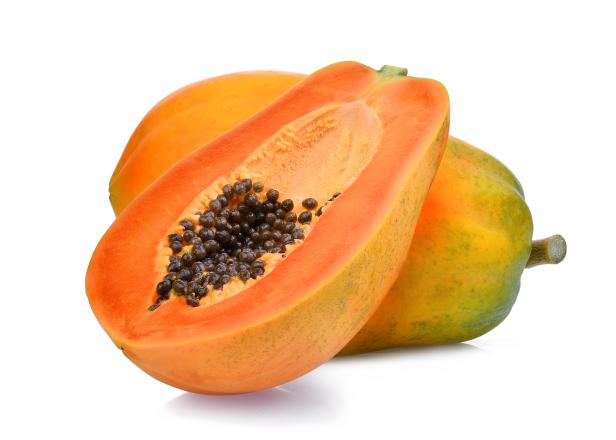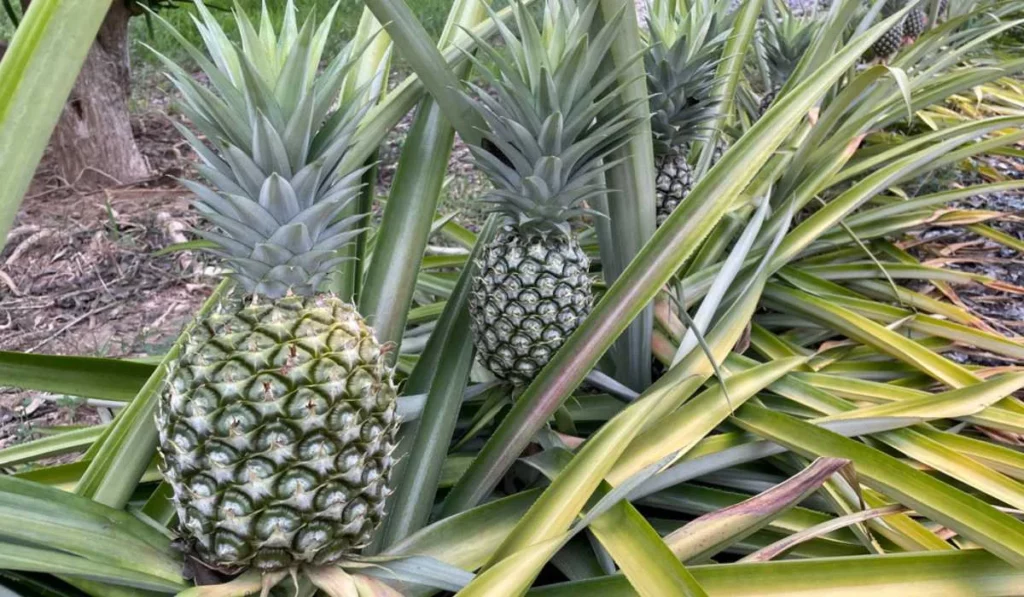At the base of scurvy is a deficiency of vitamin C. So, it can’t be called a disease but a nutritional deficiency. If your body isn’t getting enough ascorbic acid or vitamin C, it will respond in many ways like lethargic feeling, gum swelling and bleeding, and high fever accompanied by black spots on the body also there is scurvy treatment at home.
Scurvy is a condition that results from a deficiency of vitamin C in the body. It is characterized by symptoms such as fatigue, weakness, joint and muscle pain, anemia, and bleeding gums. To prevent and treat scurvy, it is essential to consume foods rich in vitamin C. In this article, we will discuss the top 21 fruits that are high in vitamin C and can help treat scurvy.
Reasons for scurvy
- A poor diet lacking citrus fruits and green leafy vegetables is the prime reason for scurvy. It is for this reason that scurvy is common in children of poor families and underdeveloped countries.
- Following a restrictive diet due to food allergies or for any other reason like weight loss could lead to vitamin deficiency.
- Abnormal eating disorders and other mental issues could cause a deficiency of vitamin C.
- Smoking and alcohol abuse are also reasons for scurvy.
- People suffering from Crohn’s disease and ulcerative colitis could have scurvy.
If you haven’t taken enough vitamin C at least for three months, you are likely to be a patient of scurvy. In the first stage, you will feel lethargic and have pain in your leg muscles. It is time to seek medical advice so the problem of scurvy doesn’t aggravate.
Your doctor will prescribe vitamin C supplements and other medicines needed to treat scurvy. Also, you can try some home remedies like changing your lifestyle and food habits.
Note: If the reason for your scurvy is medical, you need to cure the medical condition to cure the problem.
What is Scurvy?
Scurvy is a disease that results from a deficiency of vitamin C in the body. The body cannot produce vitamin C on its own, and therefore, it must be obtained from the diet. Vitamin C is essential for the production of collagen, a protein that is required for the growth and repair of tissues in the body. Without sufficient vitamin C, the body cannot produce collagen, leading to weakened blood vessels, skin, and bones.
Symptoms of Scurvy
The symptoms of scurvy may include:
- Fatigue and weakness
- Joint and muscle pain
- Anemia
- Bleeding gums
- Bruising easily
- Dry and scaly skin
- Swollen and painful joints
- Delayed wound healing
Top 21 Vitamin-C-Rich Fruits for Scurvy Treatment
- Guava
- Kiwi
- Papaya
- Pineapple
- Mango
- Strawberries
- Oranges
- Grapefruit
- Tangerines
- Lemons
- Limes
- Cantaloupe
- Watermelon
- Honeydew Melon
- Raspberries
- Blackberries
- Blueberries
- Cranberries
- Pomegranate
- Passion Fruit
- Cherries
Guava

Guava is one of the best sources of vitamin C. One medium-sized guava contains approximately 125mg of vitamin C, which is more than twice the daily recommended intake for adults.
Kiwi

Kiwi is another fruit that is high in vitamin C. One medium-sized kiwi contains approximately 70mg of vitamin C, which is more than the daily recommended intake for adults.
Papaya

Papaya is not only delicious but also an excellent source of vitamin C. One medium-sized papaya contains approximately 95mg of vitamin C.
Pineapple

Pineapple is a tropical fruit that is rich in vitamin C. One cup of pineapple chunks contains approximately 79mg of vitamin C.
Mango

Mango is a sweet and juicy fruit that is also high in vitamin C. One medium-sized mango contains approximately 57mg of vitamin C.
Strawberries
Strawberries are a popular fruit that is rich in vitamin C. One cup of strawberries contains approximately 98mg of vitamin C.
Oranges
Oranges are perhaps the most well-known source of vitamin C. One medium-sized orange contains approximately 70mg of vitamin C.
Grapefruit
Grapefruit is another citrus fruit that is high in vitamin C. One-half of a grapefruit contains approximately 44mg of vitamin C.
Tangerines
Tangerines are small, sweet oranges that are also high in vitamin C. One medium-sized tangerine contains approximately 23mg of vitamin C.
Lemons
Lemons are not only used in cooking but also an excellent source of vitamin C. One medium-sized lemon contains approximately 30mg of vitamin C.
Limes
Limes are a citrus fruit that is often used in drinks and desserts. One medium-sized lime contains approximately 20mg of vitamin C.
Cantaloupe
Cantaloupe is a sweet and refreshing fruit that is high in vitamin C. One cup of diced cantaloupe contains approximately 68mg of vitamin C.
Watermelon
Watermelon is another fruit that is high in vitamin C. One cup of diced watermelon contains approximately 12mg of vitamin C.
Honeydew Melon
Honeydew melon is a delicious fruit that is also a good source of vitamin C. One cup of diced honeydew melon contains approximately 30mg of vitamin C.
Raspberries
Raspberries are a berry that is not only tasty but also high in vitamin C. One cup of raspberries contains approximately 32mg of vitamin C.
Blackberries
Blackberries are another berry that is high in vitamin C. One cup of blackberries contains approximately 30mg of vitamin C.
Blueberries
Blueberries are a superfood that is rich in antioxidants and vitamin C. One cup of blueberries contains approximately 24mg of vitamin C.
Cranberries
Cranberries are a tart fruit that is often used in sauces and juices. One cup of cranberries contains approximately 23mg of vitamin C.
Pomegranate
Pomegranate is a unique fruit that is not only delicious but also high in vitamin C. One medium-sized pomegranate contains approximately 28mg of vitamin C.
Passion Fruit
Passion fruit is a tropical fruit that is high in vitamin C. One medium-sized passion fruit contains approximately 30mg of vitamin C.
Cherries
Cherries are a small fruit that is not only sweet but also a good source of vitamin C. One cup of cherries contains approximately 10mg of vitamin C.
Conclusion
Scurvy is a condition that can be prevented and treated by consuming foods rich in vitamin C. The top 21 fruits that are high in vitamin C include guava, kiwi, papaya, pineapple, mango, strawberries, oranges, grapefruit, tangerines, lemons, limes, cantaloupe, watermelon, honeydew melon, raspberries, blackberries, blueberries, cranberries, pomegranate, passion fruit, and cherries. By incorporating these fruits into your diet, you can help prevent and treat scurvy.
Frequently Asked Question
What is the recommended daily intake of vitamin C?
The daily recommended intake of vitamin C for adults is 75-90mg.
Can you get scurvy from a lack of vitamin C in your diet?
Yes, scurvy is a condition that results from a deficiency of vitamin C in the body.
What are the symptoms of scurvy?
The symptoms of scurvy may include fatigue, weakness, joint and muscle pain, anemia, bleeding gums, bruising easily, dry and scaly skin, swollen and painful joints, and delayed wound healing.
Can you treat scurvy with vitamin C supplements?
Yes, vitamin C supplements can be used to treat scurvy, but it is best to consume vitamin C through foods if possible.
Can you consume too much vitamin C?
Yes, consuming too much vitamin C can lead to stomach upset, diarrhea, and in rare cases, kidney stones. It is important to consume vitamin C within the recommended daily intake.
